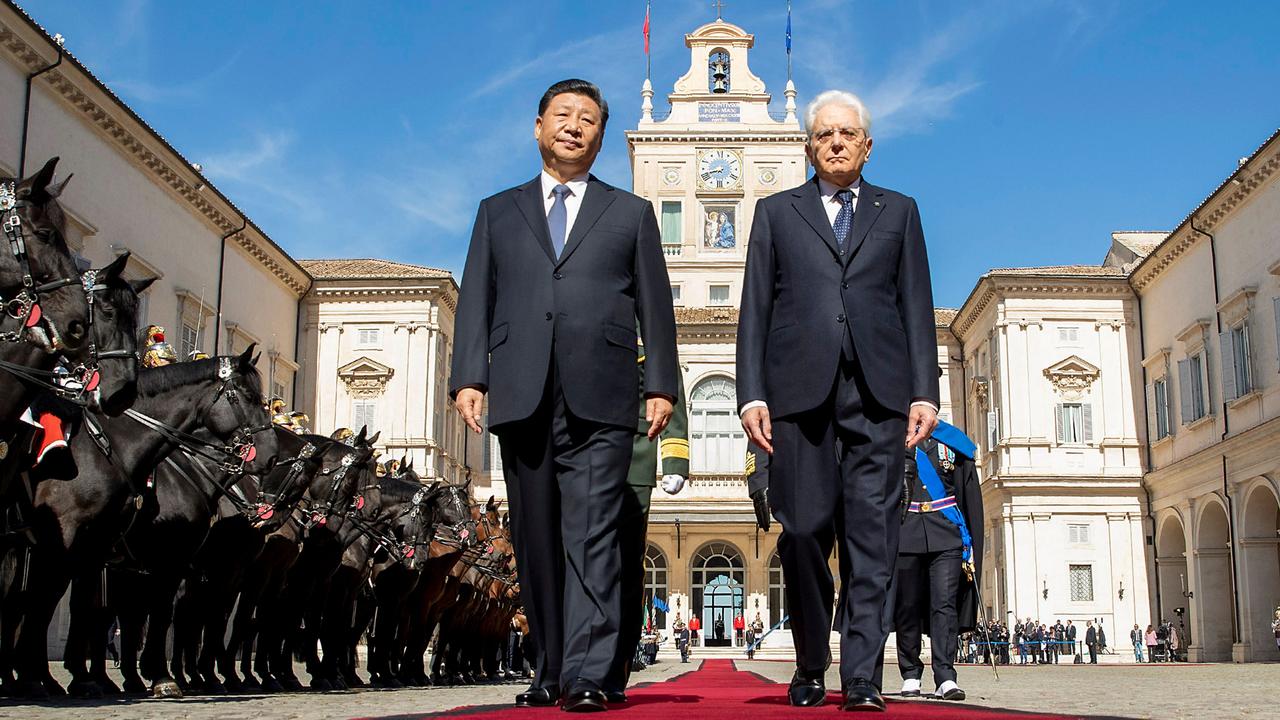Chinese experts on international affairs were anticipating that Beijing might have been lined up for something of a pasting in today’s Foreign Policy White Paper. That hasn’t happened.
The Turnbull government has maintained its critical line on China’s effective annexation of much of the South China Sea, but otherwise taken a mostly judicious approach to China relations, acknowledging the great importance attached to getting them right.
No mention of the great debate on China’s surging influence within Australia. No concern raised about human rights or free speech issues with China as the party-state tightens its control. Nor any serious consideration of China’s most energetically promoted international program, its Belt and Road Initiative, or of President Xi Jinping’s campaign this year to push China to the forefront of globalisation efforts, including over the economy and climate change.
The paper underlines from the start that Beijing’s most sought-after shift in Australian foreign policy — away from the US in this age of Donald Trump — is a total non-starter. It stresses that Australia will find both its security and prosperity in the region and that it believes the US will remain committed here. Which region? This paper leaves no doubt: the Indo-Pacific. The Asia-Pacific has been expunged from Coalition rhetoric, it would seem, thanks to the indefatigable championing of Indo-Pacific by Foreign Minister Julie Bishop, whose constituency of course faces on to the Indian Ocean.
This is another area for muted Beijing disquiet. The term Indo-Pacific has become identified with the resurrection of the quadrilateral dialogue between India, Japan, the US and Australia, viewed by some in China as a “containment” strategy, a word intended to arouse memories of the “century of humiliation by foreign powers” that occupies a central place in Chinese history books.
But the “quad” itself garners only a passing, indirect reference in the paper. The paper does, however, tackle the theme that “China is challenging America’s position” and that the power balance is changing.
On the South China Sea, the paper reaffirms Canberra’s view that the international arbitration dismissed by Beijing remains “final and binding”, and says Australia will continue to exercise “our rights to freedom of navigation” there — while adding concern about the potential for force to be used in the East China Sea and Taiwan Strait.
It’s a diplomatic effort, in all, that indicates that Canberra knows the extent of both the challenges and the positive possibilities in the China relationship, without providing much scope for the white paper itself to become an issue.
Rowan Callick is The Australian’s China correspondent




To join the conversation, please log in. Don't have an account? Register
Join the conversation, you are commenting as Logout